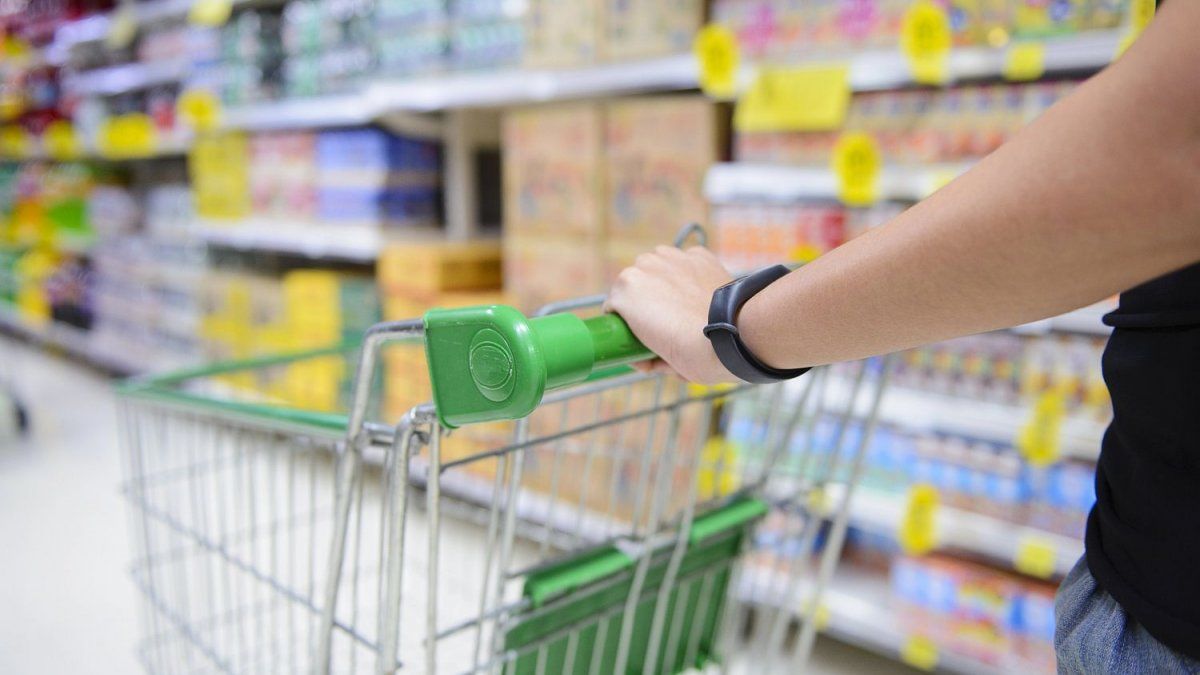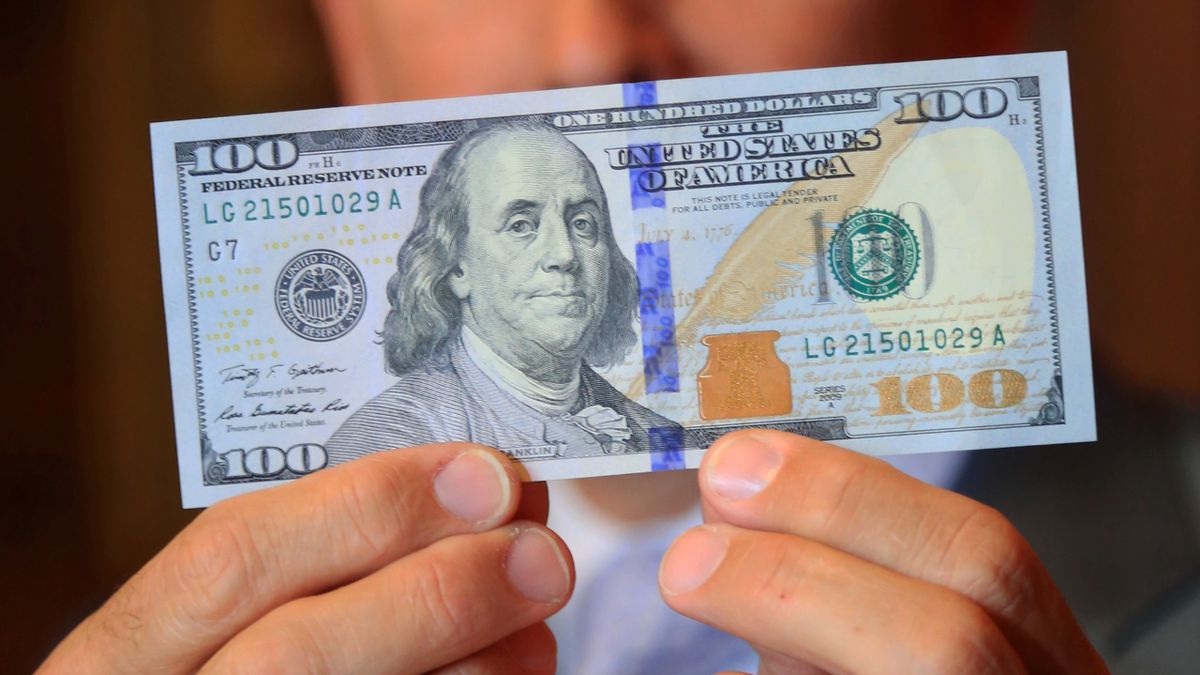Image: OÖN

Image: APA/Spitz
For owner and managing director Walter Scherb, this is a “paradoxical situation”. A real “challenge” for the family business is the introduction of the disposable deposit for PET bottles and cans from 2025.
After the Russian war broke out in Ukraine and the associated wheat export blockade, Spitz actually did not expect any impact on his own business. “In fact, we do not source any raw materials from Ukraine, we source our wheat flour from Austrian mills,” explained Scherb. But the price in Austria is linked to the world market price.” He heard from the upstream supply chains that you either pay “the same price, or if not, you sell abroad. That was a paradoxical situation for us, because our first reaction was: Luckily we don’t buy anything from Ukraine.”

Image: APA/Spitz
This also applied to the energy sector. Until the outbreak of war, “I wasn’t really aware of the interconnectedness of the energy markets,” he admitted that he had “learned something” since then. Since the company “does not use any gas for the entire process heat” – “we have a biomass power plant at our site and produce all of our steam from wood chips” – they believe they are independent of the gas price. But, Scherb continued, “we need an extremely large amount of electricity. Although we already produce electricity with biomass and photovoltaics, the amount is not enough for consumption.” Therefore, the high electricity price affected Spitz, as did all of our upstream suppliers, such as the sugar and cardboard industries, as did the increased gas price. Energy was the primary driver of the entire cost explosion. “Overall, we were confronted with price increases of around 30 percent on average across all acquisitions,” he said.
Almost overnight, prices “were undermined by the suppliers, even within the framework of existing contracts, and passed on directly to us. We received a call saying that if we did not accept the prices, the truck would turn around again on the way to us. We have the additional costs “We took it upon ourselves in the confidence that the costs could also be passed on to retailers,” reported Scherb.
“But in times of crisis it is incredibly important to maintain the ability to deliver; nothing fuels consumer panic more than empty shelves. With this trauma from Corona in our heads, we said, no matter what happens, as a first step we have to bear the costs and have made losses. We had to absorb the short-term increases before we passed them on,” said the company boss in an interview. But no one benefited from the crisis, he did not agree with the criticism of the retail trade by many food manufacturers. The Federal Competition Authority has now finally determined this.
A look at the current financial year (as of March 31, 2024) is positive. Measured by the sales of around 900 items, “we will again grow in the single-digit percentage range”. In the last financial year, sales amounted to 270 million euros. The food industry is “very crisis-resistant”, so Spitz doesn’t really feel a recession yet, said the CEO. However, for certain products there is a tendency to pay a lot of attention to the price. Although surveys show that local honey is important to consumers, customers are now “switching” to the cheaper product from Europe, he gave an example.
Spitz family business
The Spitz family business with 750 employees is one of the largest food manufacturers in Austria. Almost five years ago, Walter Scherb (born 1989), a member of the third generation of the owner family, became CEO. In 2007, Spitz took over the majority of Gasteiner Mineral. The group has also included the Lower Austrian confectionery manufacturer Blaschke-Auer since 2013 and the Salzburg honey manufacturer Honigmayr since 2017. Even though, according to the CEO, there are currently “no takeovers” planned, he is monitoring the market “very closely” to see whether opportunities arise. The range currently includes around 900 items for almost 300 customers in 23 countries, the company said. The export quota is 45 percent. The beverages division generates 64 percent of total sales, with the “sweets and baked goods” and “sweet and sour” ranges contributing 18 percent each.
more from economics




